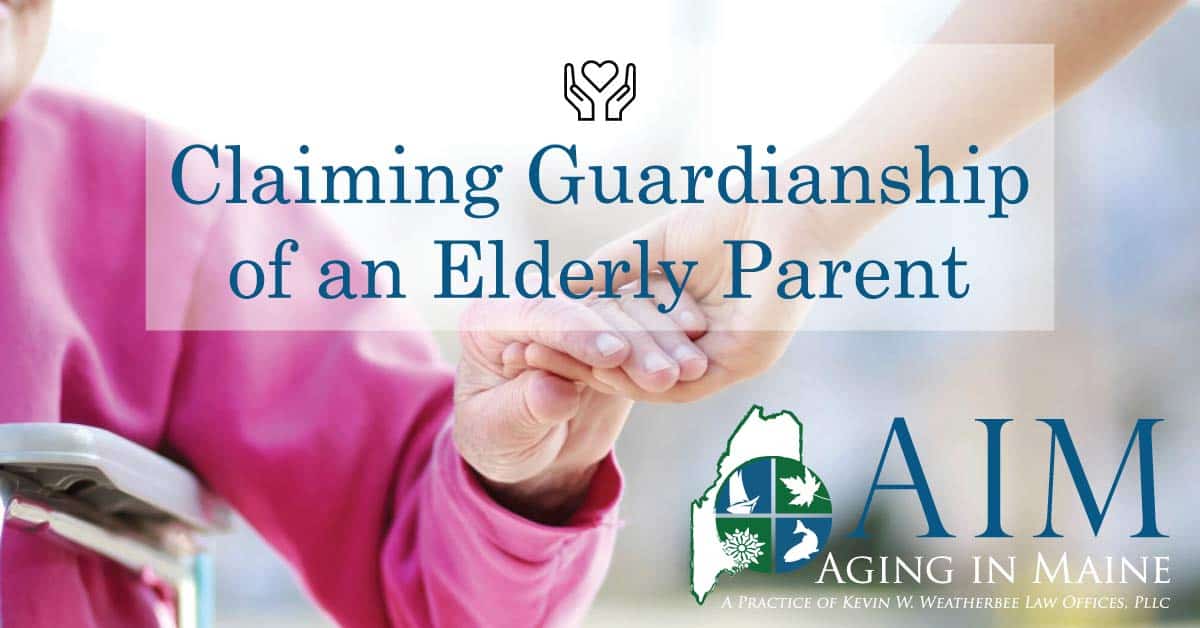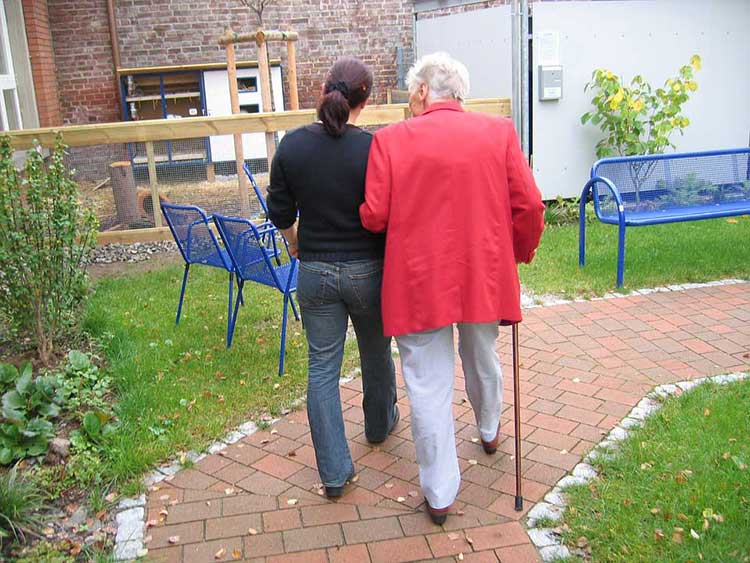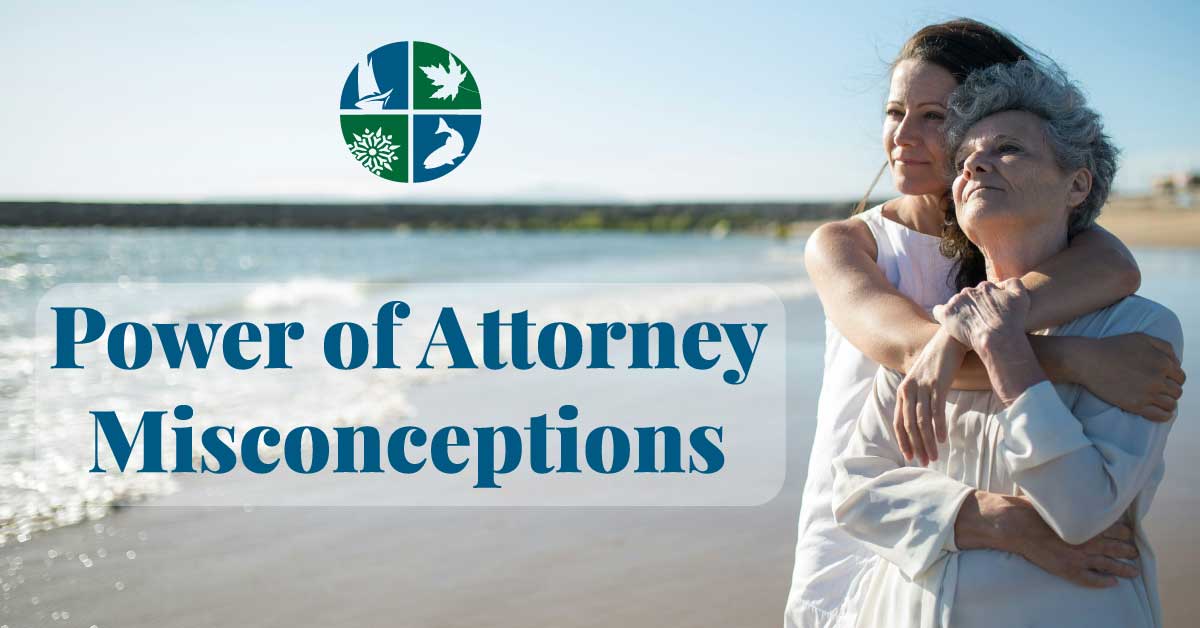More often than not, guardianship conjures images of a minor child in the care of a designated adult family member or friend. However, you can employ the process to obtain legal rights over elderly or aging adults, usually, parents, who are losing their physical and mental health capacities. While the process is similar, there are some distinct differences when considering guardianship of an elder parent. Very careful consideration is necessary to determine if guardianship in all of its complexities is the route to take to best protect your aging loved one.
First Steps to Guardianship
In the absence of a power of medical attorney and power of attorney previously put in place by your parent, guardianship begins with obtaining a physician’s certificate or doctor’s letter. This letter will state the elder parent cannot care for themselves, perform activities of daily living, or make rational decisions. These letters are form, statewide documents that a doctor completes attesting to the patient’s physical ability and mental acuity.
If your parent already struggles with cognitive decline, be prepared that they may not willingly submit to this type of evaluation. Alzheimer’s, other forms of dementia, and paranoia usually create resistance for patients to agree to evaluation. To keep the process moving forward will require the application for guardianship via the probate court to order the aging parent to get the examination. This court order requires your loved one to allow the independent medical exam and appoint a physician to make determinations of your parent’s capabilities.
This moment in time is difficult for an aging parent who may not see their decline. Often, a trigger for adult children to begin guardianship consideration is an aging parent’s determination to continue driving when they are in no condition to operate a vehicle safely. There are other determiners, but all of them point to a parent’s loss of control and independence over their lives. Be prepared that many will fight to retain their independence.
The guardianship application via probate court is a fairly standard procedure. If possible, have the medical examination complete before applying. Even a complete application for guardianship does not automatically make you a guardian. Legal guardianship proceedings will determine whether you are fit to become a guardian. There will be a criminal background check, financial responsibility reviews, and other inquiries into any obvious conflicts of interest.
Notifications to the proposed ward and their family relatives are a legal requirement. All family members and other interested parties with the legal right to know about the petition for guardianship must receive notification of the application filing. Typically these family members are laid out in the estate code but may also depend on which family members survive and are readily contactable.
Less restrictive alternatives to guardianships do exist:
- Power of Attorney – grants a person the right to make financial decisions if you become incapacitated. This legal document is usually done by the elderly parent when they put together their estate planning documents.
- Medical Power of Attorney – grants a person responsible for all health and medical-related decisions of the incapacitated person.
Naming these power of attorney representatives is a personal decision that does not require court involvement. They are more cost-effective than the guardianship process and permit your aging parent a bit more control over who takes care of them. Other less restrictive alternatives to guardianship exist and are situational dependent upon your loved one. In the absence of feasible alternatives, it may well be guardianship is the best solution for your loved one.
When you file for guardianship, the court is legally bound to appoint an attorney to represent the proposed ward, your loved one. Known as the Attorney Ad Litem, they will represent the proposed ward as though hired to do so even though they are court-appointed. The Attorney Ad Litem’s job is to do what their client, the proposed ward, wants. If the court or appointed attorney feels more investigation is required, a Guardian Ad Litem may also be appointed. Though the language may be confusing, this person is NOT the guardian but a court appointee acting as the court’s eyes and ears. This individual’s task is not to do what the proposed ward wants but rather to determine and make recommendations as to what is in the ward’s best interest.
Elderly guardianship, sometimes called elderly conservatorship, can be a very effective tool to protect your aging parent who is no longer physically or mentally up to the job of self-care. Whether or not guardianship is right for your family system requires consultation with an experienced guardianship attorney. There may be more cost-effective methods for you to achieve similar goals of elderly parent protection. When parents create their estate plan, proactive family involvement can often lead to simplified solutions. Still, there are times when guardianship is necessary and appropriate for the welfare of your aging parent. Give us a call at (207)848-5600 or check out our CONTACT page to find other ways to reach out




